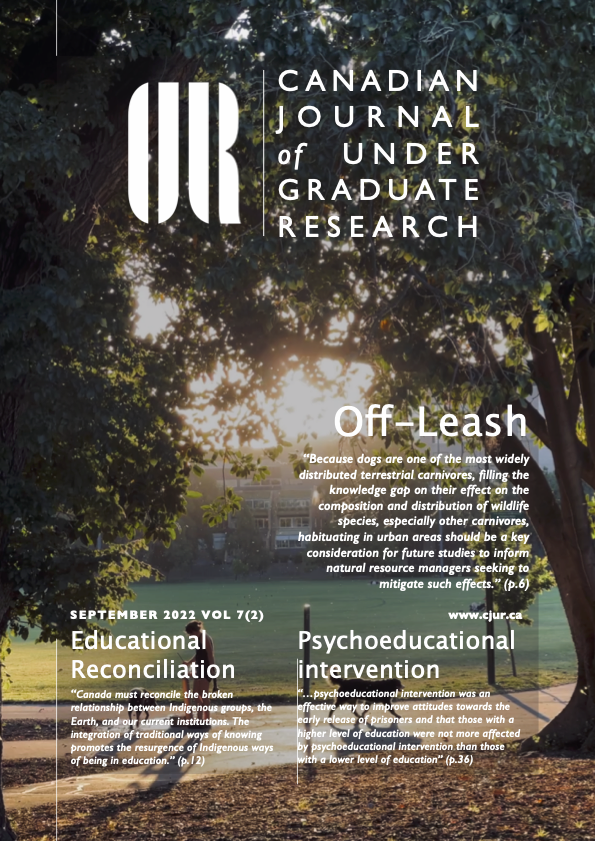The Ethics of Germline Gene Editing and Nursing Ethics
Abstract
This paper explores the current ethical issues in the potential use of germline gene therapy. This paper will also discuss the ethical principles of beneficence and non-maleficence in the context of germline therapy. The balance between potential benefits and potential harm in its use will be appraised. Moreover, the principle of autonomy will be further studied. More specifically the issue of consent and the potential dilemma when the modified individual’s will and those who chose the modifications do not align will be examined. Furthermore, the ethicality in the potential non-medical use of germline gene therapy will be investigated. Also, the consequences for the non-medical use in the therapy such as potential human rights violations and a breach in the ethical principle of justice will be speculated. Moreover, this paper highlights the use of the Canadian Nurses Association (CNA) Code of Ethics to help guide nurses through the complex ethical problems that they may face in germline gene therapy.
Keywords: germline, gene therapy, germline editing, germline therapy, ethics, ethical principles, autonomy, beneficence, non-maleficence, justice, non-medical germline gene therapy, Canadian Nurses Association (CNA) Code of Ethics, CRISPR
Published
Issue
Section
License
Authors who publish with this journal agree to the following terms:
- Authors retain copyright and grant the journal right of first publication with the work simultaneously licensed under a Creative Commons Attribution License that allows others to share the work with an acknowledgement of the work's authorship and initial publication in this journal.
- Authors are able to enter into separate, additional contractual arrangements for the non-exclusive distribution of the journal's published version of the work (e.g., post it to an institutional repository or publish it in a book), with an acknowledgement of its initial publication in this journal.
- Authors are permitted and encouraged to post their work online (e.g., in institutional repositories or on their website) prior to and during the submission process, as it can lead to productive exchanges, as well as earlier and greater citation of published work (See The Effect of Open Access).

